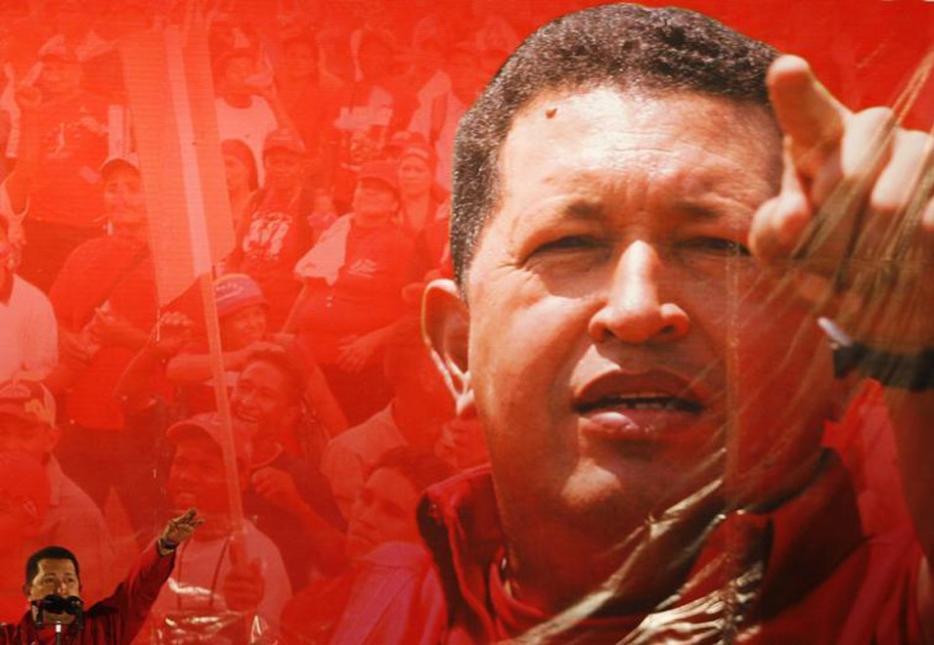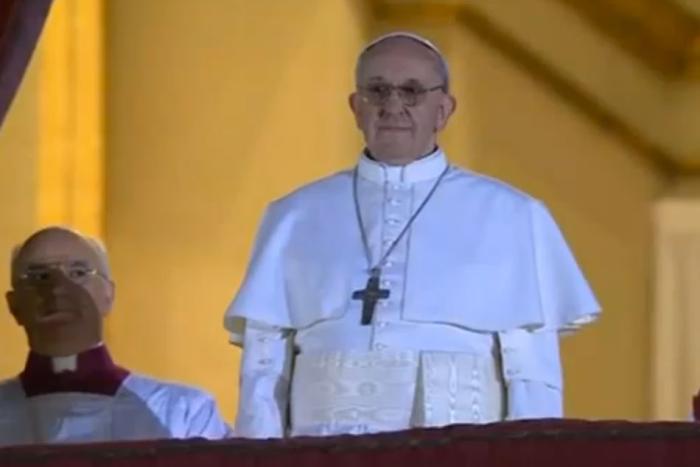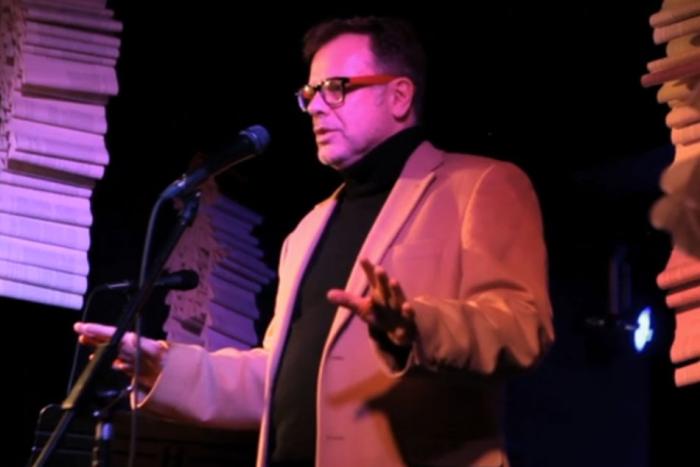What would make four young military officers, among them Hugo Chavez, take a secret oath to defend Venezuelan democracy? When these officers had first met, in the 1970s, it appeared that Venezuela might catapult itself into the ranks of the world’s top-performing countries. In 1970, it was the wealthiest country in South America and ranked among the twenty richest countries in the world. As many reeled from the 1970s oil crisis, Venezuela, with the largest oil deposits outside the Middle East, enjoyed a bonanza. There were so many highway and high-rise construction projects that people in Caracas started referring to their city as “Miami with mountains.” When Venezuelans traveled abroad to splurge on luxury items, they were often known as the dame dos (give me two!). Colombians, envious of their neighbor’s success, would say, “The Venezuelans fell out of trees and into Cadillacs.”
But those Cadillacs soon began to sputter. The high price for a barrel of crude had masked the inefficiency, mismanagement, and corruption of the Venezuelan government. As the price of oil fell, Venezuela’s economic troubles came into full view. Venezuela soon had the highest per capita debt in Latin America. Real per capita income dropped 15 percent between 1973 and 1985. The country’s neediest were largely ignored: between 1980 and 1989, poverty rose 150 percent. Inflation and unemployment soared, surpassed only by the sharp rise in violent crime.
Chávez and [his future Defence Minister, Raúl] Baduel had made their 1982 pact at the beginning of what became two “lost decades” for Venezuela. By 1998, Venezuela’s per capita GDP had spiraled down by an incredible 21 percent. Two-thirds of the country’s banks had collapsed. Unemployment had more than doubled since 1980. More than 50 percent of the population was poverty-stricken, and nearly 30 percent were living in extreme poverty. No one could argue with the fact that Venezuela’s political parties had failed the country. So, not surprisingly, the people gave up on the parties and the politicians who led them. In one survey, on the eve of the 1998 presidential elections, 70 percent of the poor and 84 percent of the wealthy believed political parties created more problems than solutions. Sixty-three percent of the poor and 58 percent of the wealthy said they served no purpose at all. Such a climate was tailored perfectly for a candidate who could credibly claim to be a political outsider. That man was Hugo Chávez.
Chávez should be understood, first and foremost, as a consequence. Venezuela’s democracy failed its people over two decades, opening the door for the candidate who could most convincingly promise to kill the old political order. That is how Chávez got his chance. But if you want to understand how he chose to capitalize on it, explains the Venezuelan businessman Alfredo Croes, then you need to understand A, B, C, D, and E. These five letters signify the five socioeconomic classes, as measured by the government, of the people of Venezuela. If you live in Chacao, have a nice three- or four- bedroom apartment, and send one of your kids to the United States for school, then you probably belong to A. Altogether, only 3 percent of the population—the country’s elites—belong to A and B combined. The dwindling number of people who fall into C—Venezuela’s middle class—make up 18 percent of the population. The rest are either D or E. The poor and the extremely poor make up 37 percent and 42 percent of the population, respectively. “For the first twenty years of Venezuelan democracy,” says Croes, “people had a chance to advance themselves. In the second twenty years, all that was forgotten. D and E were left behind.”
I met Croes in the offices of his business supply company, on the east side of Caracas. Ten years earlier, he and five other Venezuelan businessmen decided to establish a small strategic cooperative called the Grupo La Colina. All run their own businesses or have retired from successful companies, but they donate their time to the effort to bolster opposition to Chávez’s government. The afternoon I walked into his office, Croes was analyzing spreadsheets and projections for the upcoming legislative elections, pinpointing the best places for the opposition parties to field candidates.
Political objectivity is in short supply in Venezuela, and many of Chávez’s critics find it impossible to say anything positive about the man. Not Croes. He has a grudging respect for Chávez the political strategist. The failings of Chávez’s predecessors may have created the opening, but Chávez proved himself capable of seizing the populist opportunity they handed him. And he is much more than a populist, says Croes. “In the case of Chávez, he did something brilliant. He understood better than anyone that the segment of the country known as D and E were nearly 80 percent of the country,” says Croes. “For the first five years, he spoke only to the D and E. Then, for the next five years, he spoke for D and E.”
It’s an enormously important point. For the first half of Chávez’s rule, he gained the support, trust, and fealty of the country’s desperate majority. After so many years of neglect, his attention was understandably intoxicating for them. But the genius is in what Chávez did with his newfound following. With the bond forged, Chávez could then turn that support into a weapon to bludgeon those who stood in his way. At first, D and E were his audience; then they became his recruits. “They feel themselves represented in Chávez,” says Croes. “Some Chavistas are now more Chavista than Chávez.”
Chávez’s primary political strategy is, in essence, leading Venezuela against itself. Having won the support of a segment of the population, he actively champions them against the rest. Although he came to power through democratic means, his main idea is not democratic; instead, he proposes revolution. In a democracy, differences are expected. Chávez begins with a single answer, and those who question, criticize, or oppose him are “traitors,” “criminals,” “oligarchs,” “mafia,” and “lackeys of the United States.” Although he originally promised to break the political parties in order to return power to the people, Chávez has centralized nearly all power in his own hands. Today, he controls every branch of government, the armed forces, the central bank, the state-owned oil company, most radio and television channels, and any segment of the private sector he chooses to expropriate. Authoritarian leaders typically rationalize their rule by pointing to foreign enemies and threats; Chávez gives equal time to looking for enemies within Venezuela. In many ways, his approach is the inverse of Russia’s Vladimir Putin. Where Putin manages a carefully choreographed process intended to maintain order and stability, Chávez courts chaos and promotes division. His rhetoric, policies, and actions have made Venezuela more polarized than at any time in its history, injecting an almost Manichaean political struggle into all aspects of everyday life. “This is not Cuba. This is not the Soviet Union . . . for now,” says Teodoro Petkoff, a prominent Chávez critic and the editor of the opposition paper Tal Cual. “This is a much more sophisticated regime than the past regimes of repression. But why can it be sophisticated? Because he has had deep and vast popular support. And that is a very important difference with some other regimes of this kind.”
Venezuela is not the totalitarian state of the Soviet Union. It is not nearly as repressive as Fidel Castro’s Cuba. There have been no massive human rights abuses. Dissidents do not face the firing squad, and enemies of the state are not “disappeared” in the night. Despite his brash and outlandish speeches, Chávez’s rule is far subtler than such heavy-handed regimes. Instead, he effectively took the remnants of the imperfect democracy that elected him and twisted them into tools to perpetuate his power. If Chávez were just a populist, he would be reminiscent of many other Latin American leaders before him. But he married his populist origins to an autocratic scheme that concentrates power and reduces democracy to nothing more than the ballots people cast on Election Day. It is the use of a system to destroy a system, a democracy to destroy democracy. As Virginia Rivero, a political organizer, asked me plaintively, “What happens to a society when a democratically elected president rules in an antidemocratic way?” Venezuelans have been living the answer to that question for more than a decade.





